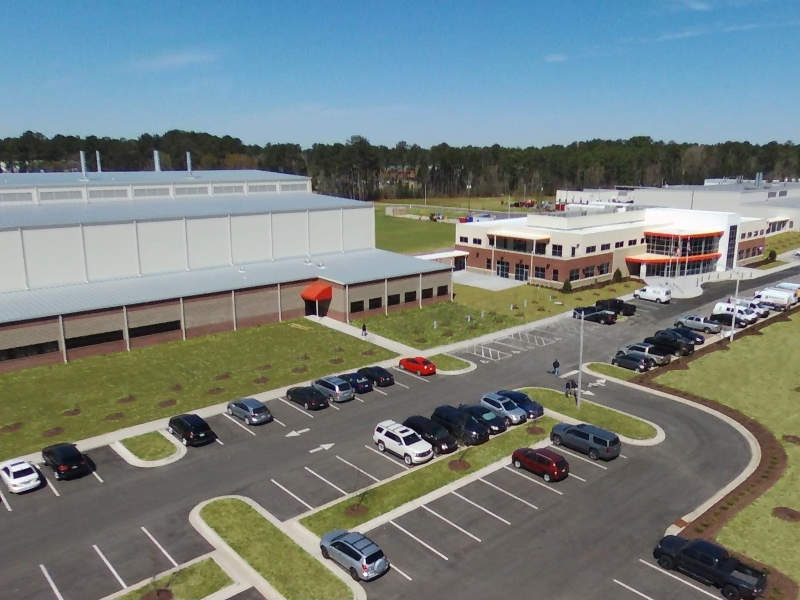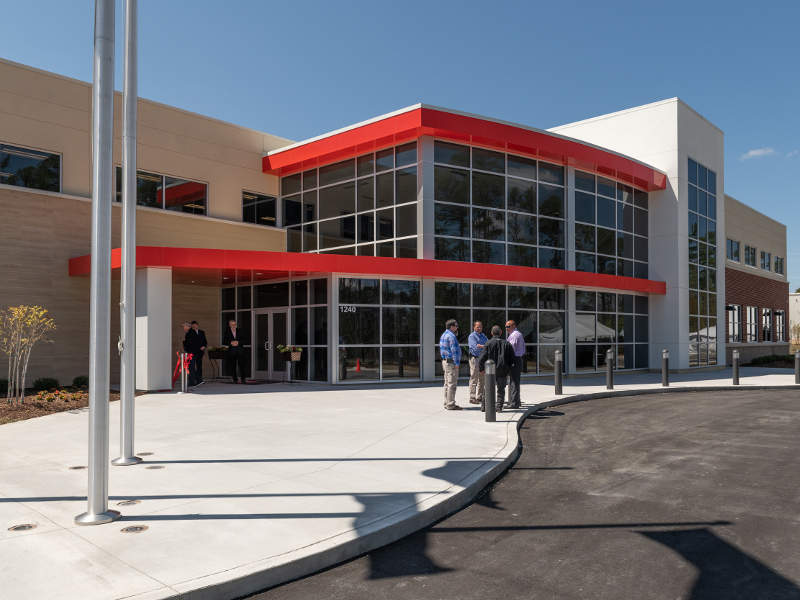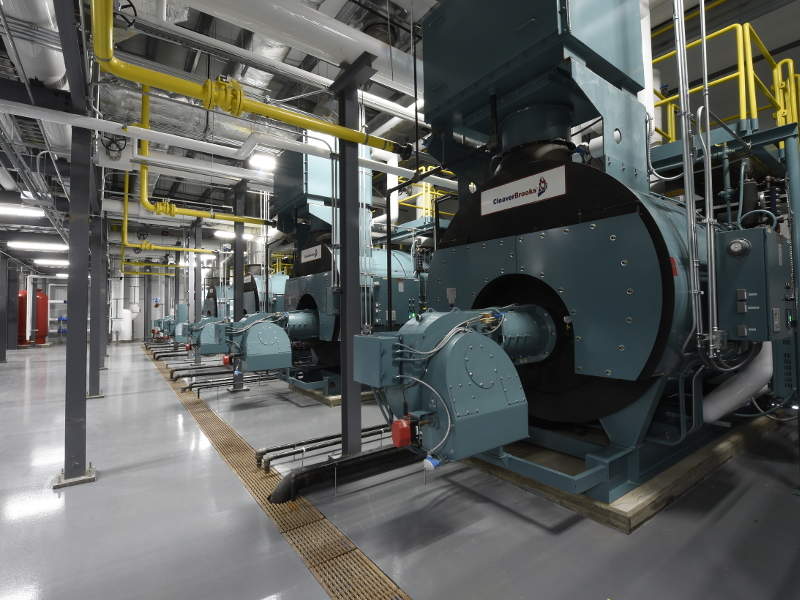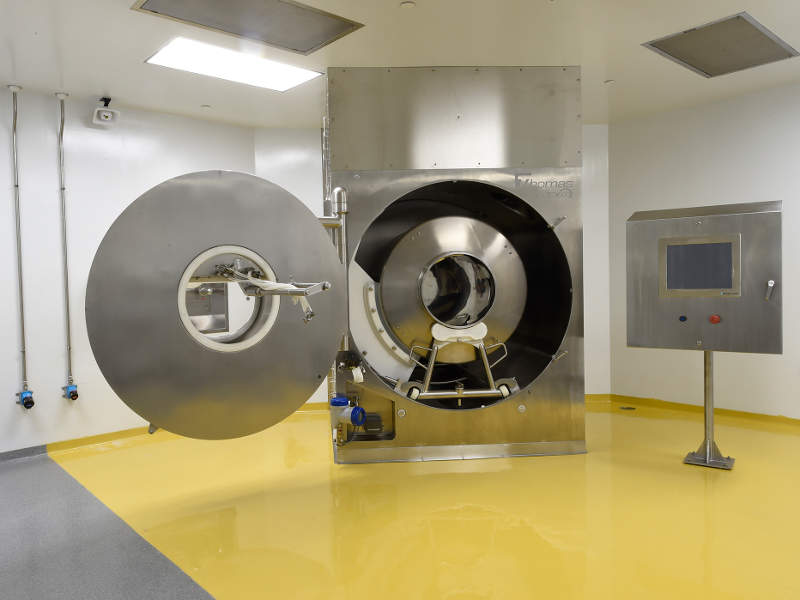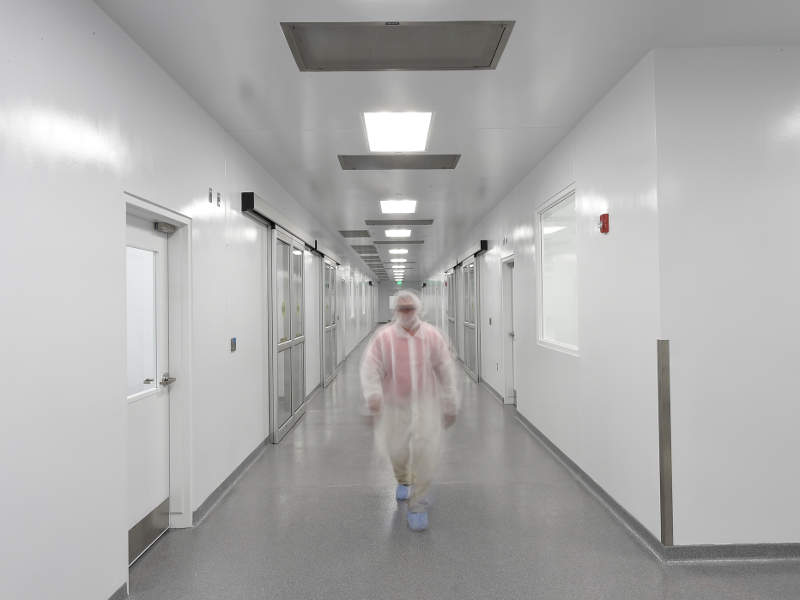SCHOTT Pharma to Open a New Manufacturing Facility in Wilson, North Carolina
/The following information was pulled from the company’s press release from March 18, 2024.
SCHOTT Pharma, a pioneer in pharmaceutical drug containment solutions and delivery systems, will build the first U.S. facility to manufacture prefillable polymer syringes required to meet the need for deep-cold storage and transportation of mRNA medications in Wilson, NC. In addition, the site will have the capability to produce glass prefillable syringes for GLP-1 therapies, for example to treat diseases such as diabetes or obesity.
The project will add 401 jobs to the region and include a total investment of $371 million, with groundbreaking expected by the end of 2024, and projected operations starting in 2027.
The new site will expand the U.S. supply chain for in-demand syringes that deliver lifesaving injectable medicines, vaccines, and other fields of applications, allowing SCHOTT Pharma to triple its contribution of glass and polymer syringes to the U.S. market by 2030. Bringing production to the U.S. will reduce lead times and slash transportation costs, as well as protect against future shortages of critical drugs and ensure pandemic preparedness.
“As drug manufacturers develop and expand the use of mRNA, GLP-1, and other biologic therapies that require precise drug stability and storage properties, SCHOTT Pharma will be able to fill those orders quickly and efficiently here in the U.S.,” said Andreas Reisse, CEO of SCHOTT Pharma. “The impact of this facility will go far beyond local job creation in North Carolina and will relieve stress on the entire pharmaceutical industry supply chain.”
“Wilson County stood out in a nationwide search for a number of reasons, particularly for its favorable pool of local talent and its proximity to the Research Triangle area, which hosts numerous universities, healthcare companies, and biopharma resources,” said Christopher Cassidy, President of SCHOTT North America. “Expanding operations in the U.S. addresses rapidly growing demand for our high-value solutions.”
“North Carolina’s pro-growth and low-tax policies, along with the $40 million investment in the new biologics training facility at Wilson Community College, are paying off for Wilson County and the BioPharma Crescent,” said North Carolina Senator Buck Newton. “SCHOTT Pharma’s $371 million capital investment and 401 high-wage jobs will strengthen our local economy. We look forward to a long and successful future for them here in Wilson.”
For more information, read the article from the Wilson Times.


